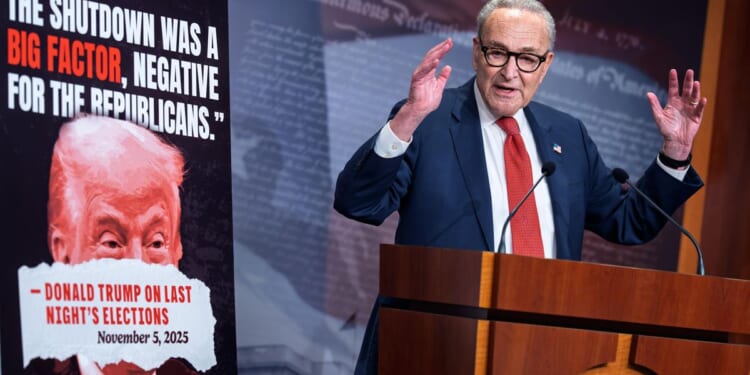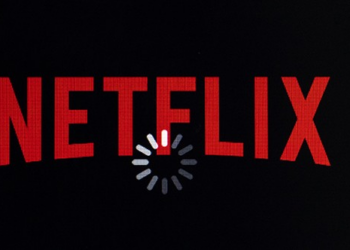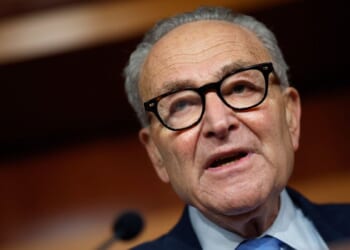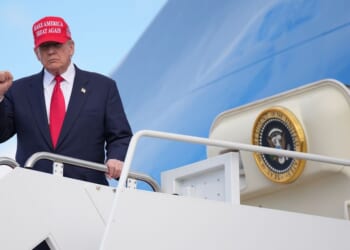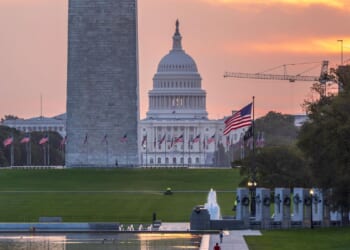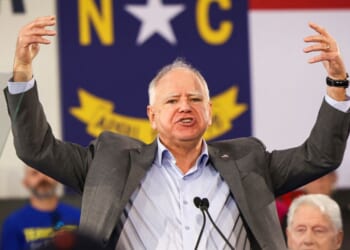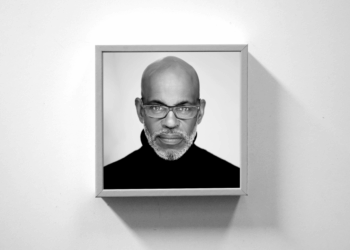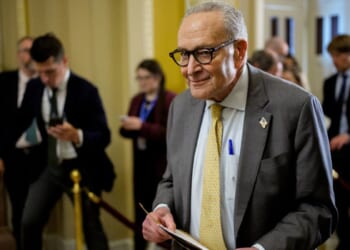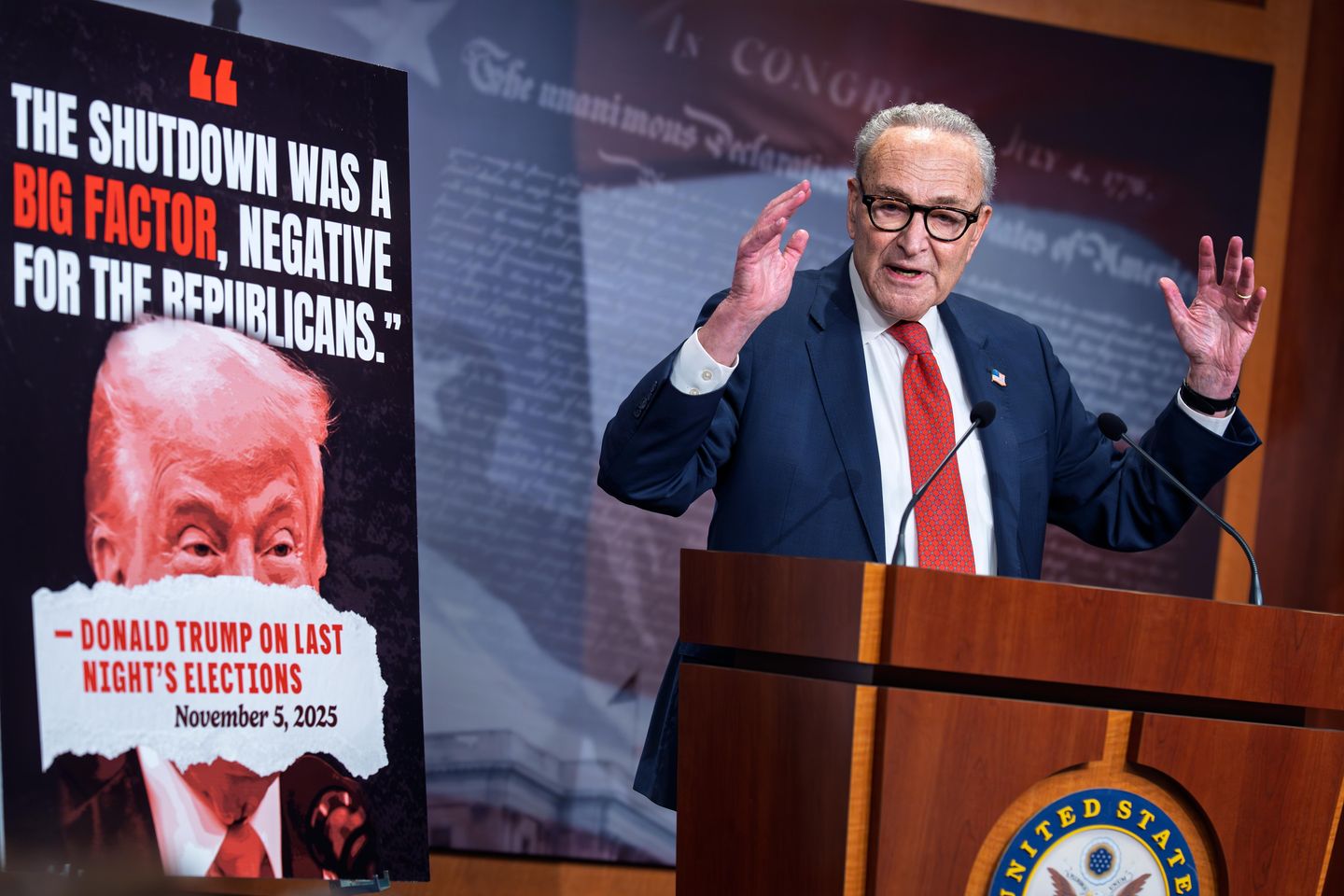
Senate Democrats are offering a new proposal to end the government shutdown that would include a one-year extension of enhanced Obamacare premium subsidies that are set to expire this year.
Senate Minority Leader Charles E. Schumer, New York Democrat, outlined the Democratic offer in a floor speech Friday. They want to include the one-year extension of the enhanced Obamacare subsidies in a stopgap bill to fund the government, and then start a working group to work on a longer-term health care plan.
“The Senate could do this within a few hours,” Mr. Schumer said. “This is a reasonable offer.”
The Senate minority leader said the plan honors Republicans’ request not to start health care negotiations until after the shutdown by simply extending current law for one year.
Democrats are willing to negotiate “reforms” to the subsidies, as Republicans want, for future years after the shutdown ends, Mr. Schumer said.
Senate Majority Leader John Thune, South Dakota Republican, called the Democrats’ proposal a “nonstarter.”
SEE ALSO: Talks stall on ending shutdown, as Senate to vote again on paying federal workers
“There is no way. The Obamacare extension is the negotiation,” he said. “That’s what we’re going to negotiate, once the government opens up.”
Mr. Thune said a straight one-year extension of the existing Obamacare subsidies “doesn’t get close” to changes that Republicans would need to support it. As one example, he mentioned language ensuring the subsidies don’t pay for health plans that cover abortion.
During the COVID-19 pandemic, Democrats expanded premium tax credits used to subsidize Obamacare coverage to further limit consumers’ out-of-pocket costs, currently capped at 8.5% of household income. The expansion also allowed individuals and families earning above 400% of the federal poverty level to access them.
Those pandemic enhancements to the subsidies are set to expire this year, and average consumer premium costs will more than double if Congress does not act. Obamacare open enrollment began last Saturday.
The Democratic proposal “reopens the government and ensures working families who are shopping right now for their health care get certainty and financial relief,” Mr. Schumer said.
The idea has broad support from Senate Democrats. Many joined Mr. Schumer on the floor for his remarks and followed with their own speeches backing the play.
“We believe that while we’re trying to figure out a long-term solution to the health care crisis, people should not be penalized,” said Sen. Gary Peters, Michigan Democrat who reportedly came up with the offer. “People should not be suffering. Give the relief that they need now, and over the next year we’ll work together to find a more comprehensive solution.”
Sen. Peter Welch, Vermont Democrat, said a one-year extension of the enhanced subsidies is a response to the “practical crunch” lawmakers face to act quickly to ensure people can afford to keep their health insurance next year because open enrollment is already underway.
He said Democrats may trust Mr. Thune and Republicans to deliver a separate vote on extending the subsidies in the Senate, but they “have no guarantee whatsoever it will be taken up in the House.”
That’s why they want to attach it to the stopgap bill to reopen the government.
Mr. Thune said it is at least an improvement from their “un-serious and unrealistic” proposal to spend $1.5 trillion to make the enhanced subsidies permanent and roll back Medicaid and other health care changes in the One Big Beautiful Bill Act that Republicans enacted this summer.
“I think it’s an indication that they’re feeling the heat,” he said. “So I guess you can characterize that as progress, but I just don’t think that it gets anywhere close to what we need to do here, and they know it.”
Democrats said their movement from their original proposal shows they’re willing to compromise.
“It’s not everything I would have wanted,” said Sen. Richard Blumenthal, Connecticut Democrat, citing his interest in making the enhanced subsidies permanent and adding provisions to guard against the Trump administration’s unilateral moves to cut congressionally approved spending.

